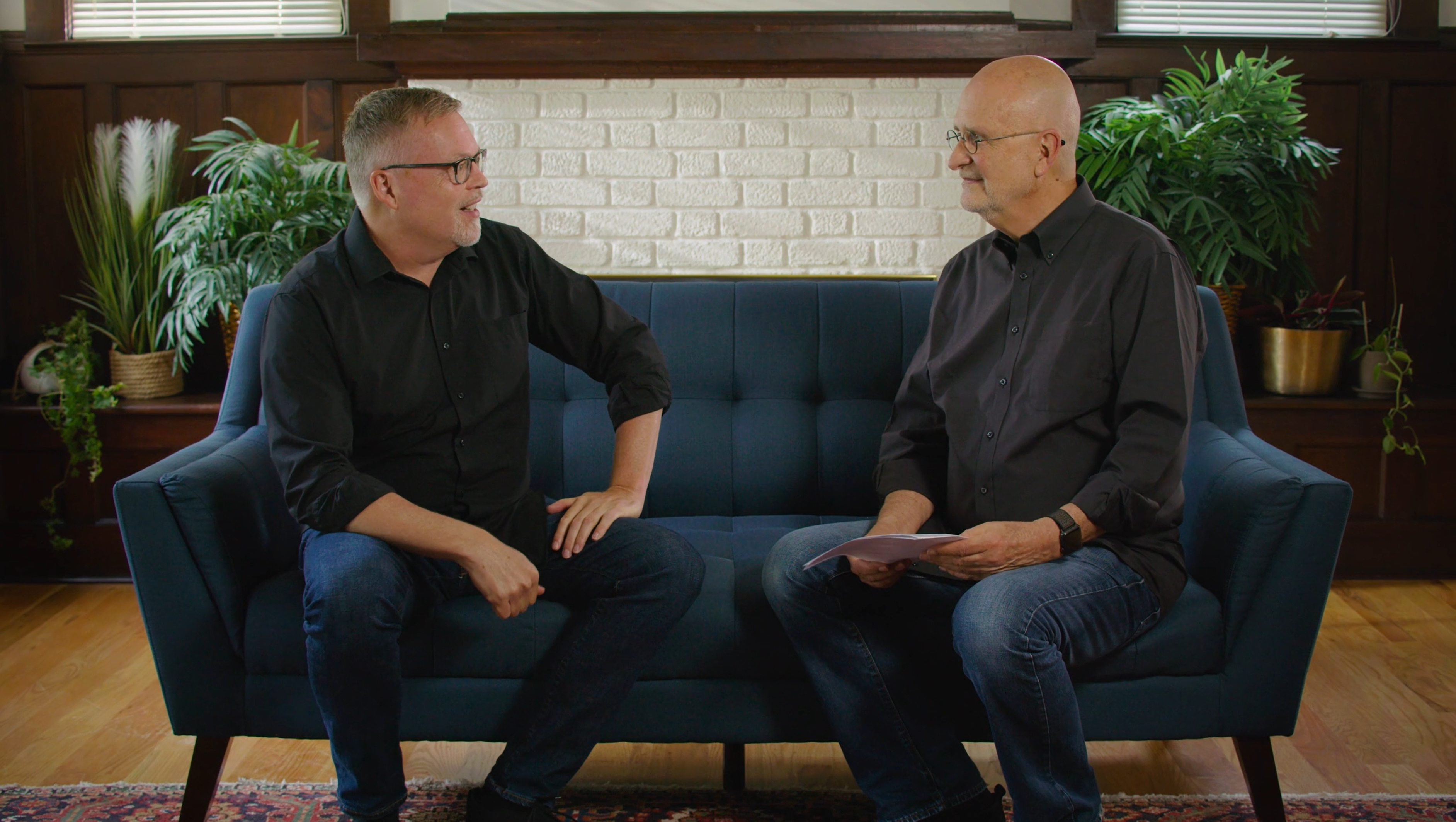We talk a great deal about the incredible value and importance of learning your donors’ passions and interests, and then connecting that with the work of your mission in meaningful ways. In doing so, you move from a transactional giving mindset, where your focus is on “getting the money,” to a more authentic relationship. Building authentic relationships helps bring the donor into your community. In that community, they are learning more deeply about the problem and the impact that their giving is making. As a result, they feel more invested, connected, and in community.
Back when I was a fundraiser, I would often ask donors about the reason that they gave. They would say something like, “I just love you all” or “I trust what you do,” and I didn’t know what to ask or say next to learn more. It takes some skill development in using permission-based asking to develop your curiosity and build and practice open-ended questions that help you dive deeper with donors.
But I also think a core piece of this is to be clear on your own passions and interests. Have you ever given yourself the time and attention to get clear on what you care most deeply about and why? For instance, do you know what breaks your heart and what you want to change in this world?
Here’s why: knowing your own passion and why you’re committed to the work your organization does will help you be more effective with donors.
So let’s take a moment to do an exercise and explore what you’re passionate about. It may not be the mission of the organization you work with at the moment. That is OK. Certainly, there is value in exploring what this is for you and where that passion comes from.
If you prefer processing on your own, get out a journal and answer these questions. If you do better talking things through with someone, ask a friend or colleague to process this with you.
- What is it you care most deeply about and want to change in the world?
- What is it about that problem that breaks your heart or makes you the angriest?
- Why is this particular mission important to you?
- Is there something that you, or those you love, have experienced that connects you to this mission?
- If you were a donor giving to this mission, what would you want to know about the impact you are having? What ways would you want that fundraiser to follow up with you?
- Have you ever had a meaningful conversation with a non-profit that you give to or volunteer with about why you care?
If you are not clear on your passion, or maybe you have so many that it’s hard for you to clarify which one(s) are most important to you, work through these questions. Likewise, this can be done on your own or in conversation:
- When you were a kid, what did you care about? What experiences did you have, or see others have, that motivated you to create change in the world?
- What has brought you great joy and great sorrow in your life?
- What problem(s) in the world make you angry or break your heart?
- What can you talk about for hours? Love reading about? Watch documentaries about? Or maybe avoid all together because it breaks your heart so deeply?
- Take inventory of your values. List five key values you have. What missions of non-profits align or interact with those values?
- If you were given one wish for one thing you could change in the world, what would it be?
What did you discover about yourself? Was it easy to define and clarify your motivations behind your passion, or was it confusing? Did you experience emotional resistance, or were you able to connect with your emotions?
Exploring your own passions and interests can be a powerful tool in learning how to ask your donors questions that will help you discover more about what they love. I hope this exercise inspires you to embrace those things you care about most deeply and that you’ll bring this learning to your next donor conversation.
Karen
![Have you identified YOUR Passions and Interests? Woman smiling with her hands over her heart, showing her connection to her passions and interests [Have you identified YOUR Passions and Interests?]](https://veritusgroup.com/wp-content/uploads/2023/02/AdobeStock_570493235-scaled.jpeg)
![A man peering into a microscope. How to Approach Fundraising When Your Mission Doesn't Fit in a Neat Box [Podcast Episode]](https://veritusgroup.com/wp-content/uploads/2022/09/Podcast-Episode-Blog-Post-Header-Image-3.png)




0 Comments